When it comes to maximising farm productivity, sometimes there’s more opportunity than meets the eye. Many a UK and Irish dairy farm is peppered with under-utilised space that, with a little thinking outside the farming box, can quickly turn over a pretty penny for your business.
The benefits of diversification for dairy farmers are far from just financial. There’s the opportunity for environmental wins, developing positive relationships within the community, joining forces with other local farms and gaining pleasure from expanding your area of interest and expertise. Also, by remaining adaptable you’re setting yourself up for better overcoming the challenges that your business might come up against in years to come – keeping your business mind agile and inquisitive and learning what works for you and your farm.
Plus, diversification isn’t just about expanding into non-farming activities, it might just mean taking your farming in a slightly different direction.
Did you know? In the UK, some 66% of farms already have some form of diversification activity that supports farming families and the wider rural economy. (Source: Defra)

So, what are the options?
Breathing new life into an under-used space - whether that’s a difficult-to-farm field or a disused shed or barn, is a great way of utilising your resources, maximising your income and ensuring your business security.
Old, outdated buildings can have many potential new uses. From the provision of rentable storage, workshops or commercial business space for local enterprise, to the creation of characterful holiday lets, retail space or food production and processing environments. Little-utilised land also offers a multitude of prospects from the growing of unusual crops to energy production. The opportunities are endless.

Food production
Ever fancied growing your dairy farming enterprise by moving into production? Churning your own ice cream, creating home-produced cheese or including a none dairy-based diversification? The availability of often readily adaptable buildings in a variety of sizes makes it easy to start small and expand as the enterprise takes off. Plus, it means that you’re continuing your family’s farming tradition and making a natural step in the development of your business.
CASE STUDY: Tom Parker Creamery
The fluctuating milk prices and resulting uncertainty throughout the dairy community in 2017 inspired Jack Martin to start a new business. His objectives: to help spread risk and improve financial return.
After toying with several dairy-based options Jack finally settled on the idea of producing chocolate milk and iced coffee after identifying a gap in the market – unlike the situation with other dairy products such as ice cream and cheese, where the market in his area was already quite saturated. His would be the only small business in a market comprising of big multi-national brands.
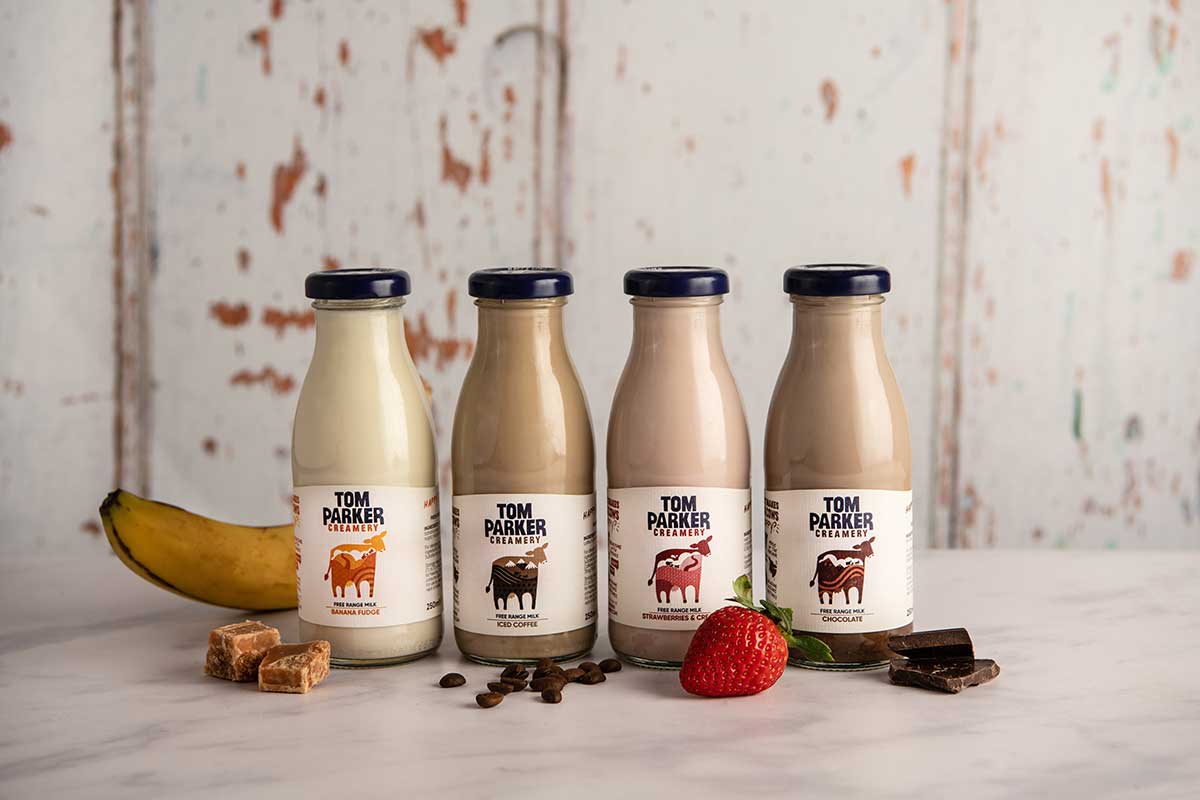
Tom Parker Creamery
Trialling over 200 recipes in the farm kitchen was the first step in the development of Tom Parker Creamery. Next was finding a producer. Jack undertakes delivery and collection of the milk products, sales, marketing and going to events as well as all other areas of managing a business himself. He’s also made huge investments in the development of his brand – employing a London based agency to undertake the project.
His business is completely self-funded – with his father being one of the shareholders but plans to expand the business would mean seeking funding from elsewhere. Diversifying has enabled him to continue farming the farm that has been in his family since 1921.
Commercial business space
Through the creation of commercial business space, you also generate opportunity for the wider rural community. Farm buildings often offer a high-quality environment for rental - with a generosity of space and character some key highlights as well as being ideal for an enterprise of your own – such as a farm shop.
Holidays and tourism
6% of farms now host tourism accommodation and catering (source NFU). Turning traditional buildings into holiday cottages or B&B rooms provides the ideal space for guests to enjoy weekend breaks and staycations, while small meadows, secluded orchards and isolated paddocks can make the perfect spot for a few glamping pods, shepherds huts or bell tents.
CASE STUDY: Hobbit Hill, Foxfields Farm
Inspired by the area’s links to novels such as The Hobbit and The Lord of The Rings by J.R.R. Tolkien, Hobbit Hill in Lancashire is the conception of John Wilkinson.
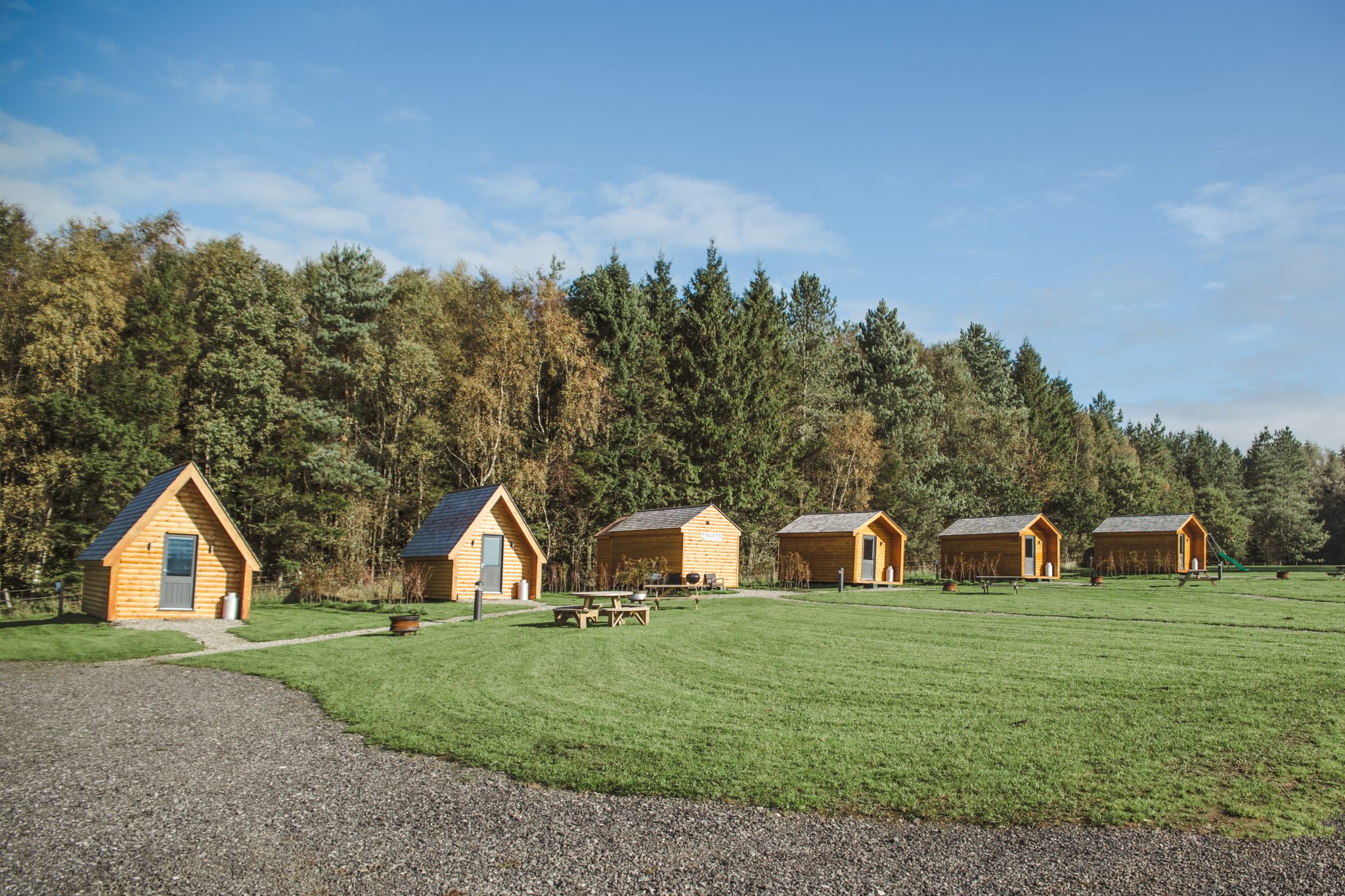
Hobbit Hill, Foxfields Farm
Five glamping pods adorn the hill with panoramic views across the farm and down the Ribble valley. With the site able to accommodate everything from standard marquees to more elaborate constructions, the main focus of the enterprise is weddings - although the diary is packed with a range of other celebrations.
Most recently, a wedding barn has been added to the site, offering permanent shelter from the elements for life’s special celebrations and there’s plenty of room for camping and caravans with electric hook-up available.
John’s flexible business model extends into his price-points, to appeal to a broader range of clients.
Situated close to heavily populated areas, he is ideally placed to cater for an urban audience, desiring the rural dream. With plans to expand upon his hobbit theme with subterranean pods built into the hillside, his imagination offers some great potential for the future of his farm, which has been in the family for three generations. Formerly a dairy farm, he now runs commercial sheep on the land and has converted ex cattle barns into business units.
So, while he has gone 'all out' in his diversification scheme, John has ensured the success of his enterprise by capitalising on the area’s unique literary links, bolstered by smart business acumen
Expanding your farming enterprise
Whether you have an interest in rare breeds or simply fancy turning your hand to another area of livestock farming, many a spare corner of the farm that is unsuitable for the demands of contemporary dairy farming will be perfect for perhaps sheep, goats, pigs, alpacas or chickens or growing a more unusual crop such as grapes.
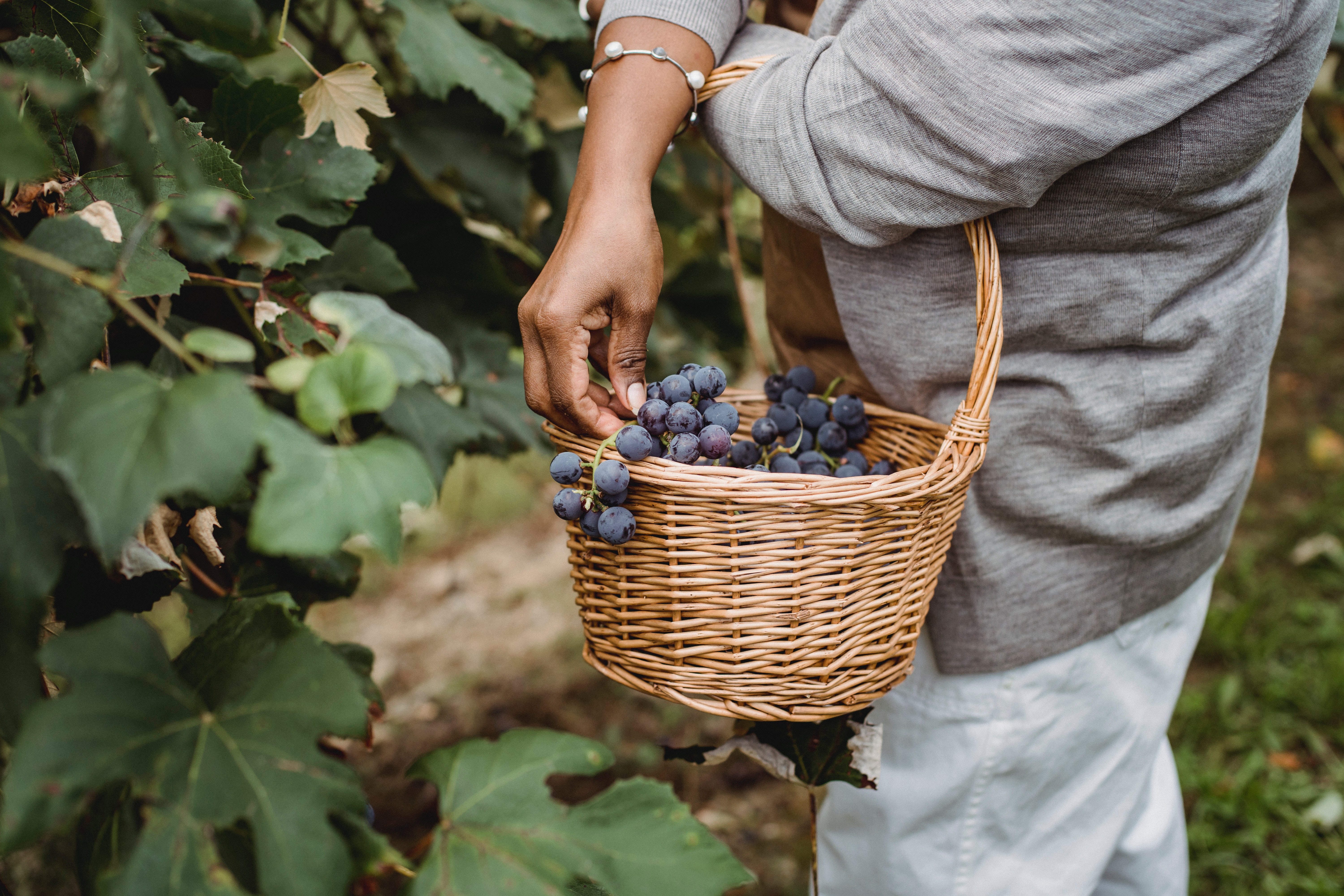
Working together within the local farming community
By collaborating with other local farmers, you have the potential to create a more appealing business package by aligning your product or service offering. There is also an element of financial risk mitigation if the venture is funded by multiple sources. Rather than ‘everyone for themselves’ how about, ‘everyone together’ in a cooperative approach?
Growing your eco-credentials
From creating a mini wildlife oasis’ through wildflower sewing, tree planting or turning to bee-keeping, to allocating space to alternative renewable energy creation in the form of wind, solar or water, your diversification activities can seriously enhance your ecological credentials as well as your bank balance.
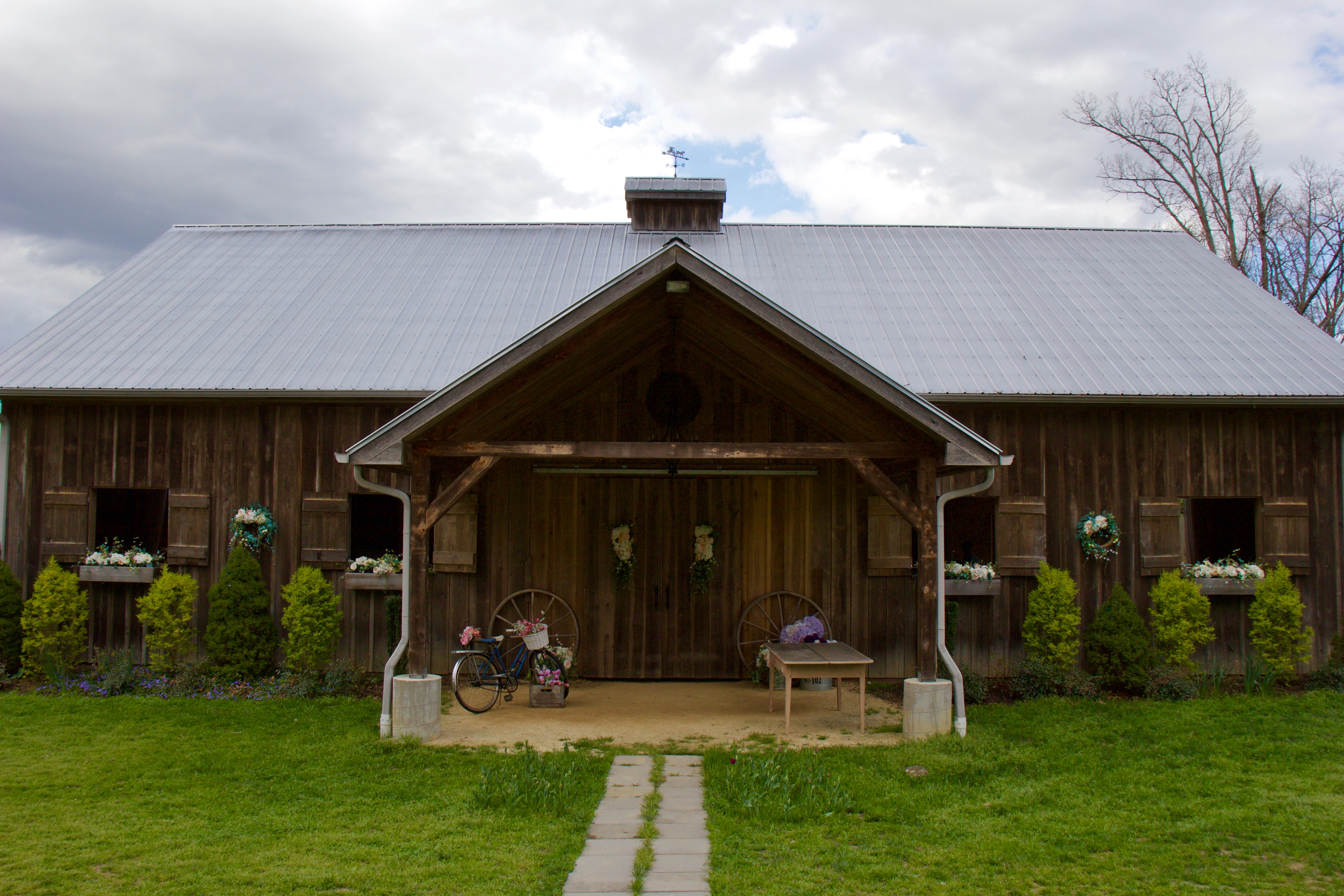
Risks and considerations
When undertaking any new project or enterprise, it’s important to consider the risks and weigh them up against the potential gains you might make. Here are just a few things to think about.
Meeting local demand
One means of helping to ensure the success of your diversification enterprise is to consider local demand for your particular product or service. Is there a local or regional gap in the market? Is there an opportunity for growth? Working in partnership with another local business whose ambitions and ethos are aligned with yours will also go some way to ensuring your success.
Existing skills, interests and experience
Establishing a new revenue channel that is aligned with existing skills, interests and experience on a personal or professional level will make it easier to transition from traditional farm to rural enterprise. When marketing your business through online channels, your genuine enthusiasm and knowledge must shine through for your potential customers to believe in what you do.
Risky business
New business diversifications such as farm shops are probably the riskiest of all – often demanding significant investment – both financially and personally and entering into an unknown market. This option requires a very knowledgeable business driver along with strong market research and championing of the enterprise to succeed.
Meeting regulations
As with the dairy farming industry, many diversification enterprises are riddled with regulations and legislation, so it’s imperative that you know the ins and outs, so you can avoid falling into hot water.
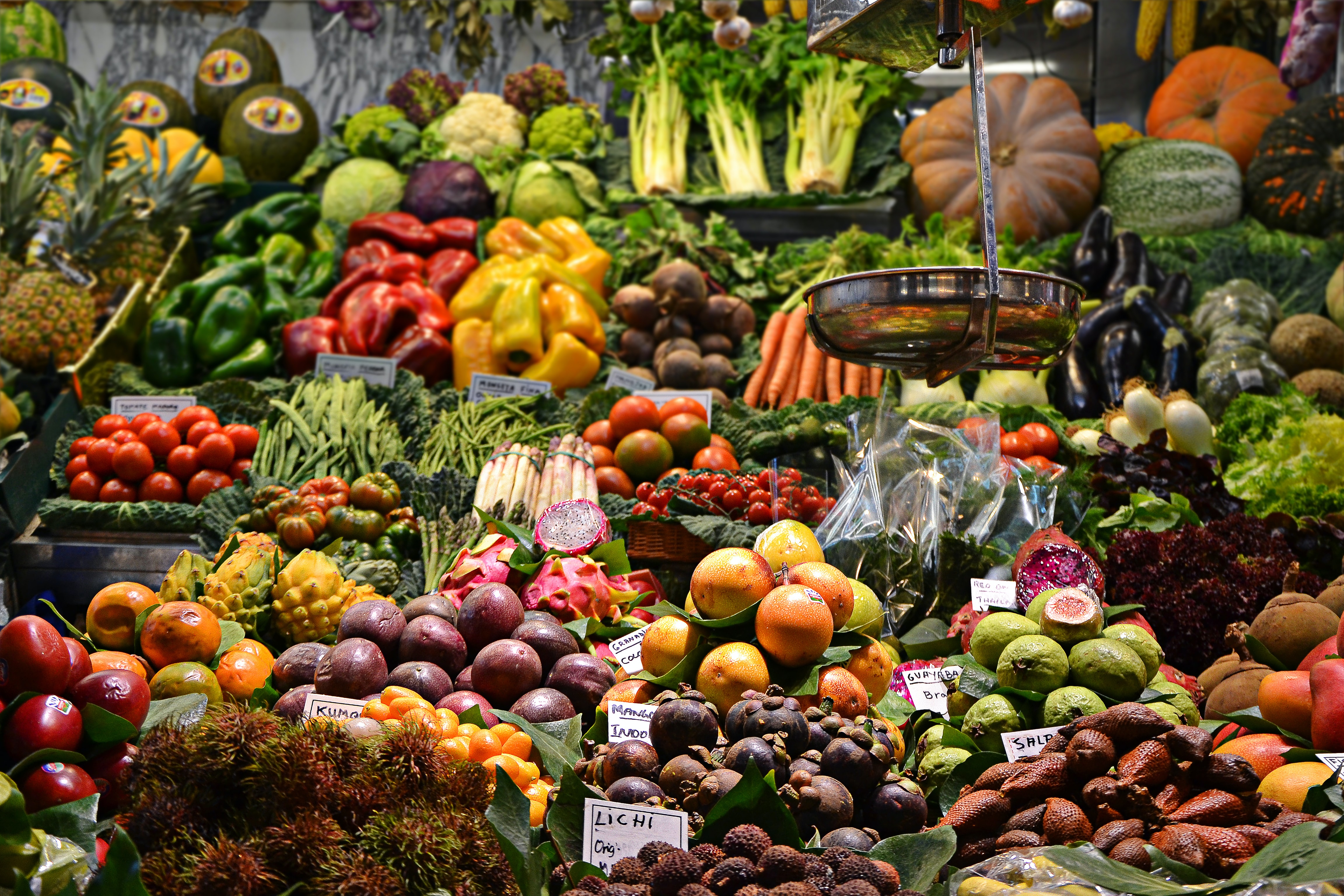
Think about what best suits your situation
With so much to think about, one thing is clear - it is important to consider which form of diversification is best for your business and that there is sufficient demand or a gap in the market to help ensure its success.
Diversification can offer you, your business, and your family huge potential, so it’s worth exploring every avenue and creating a flexible business model that can react and grow in line with external trends.
Published on: 14 June 2021
View all articles